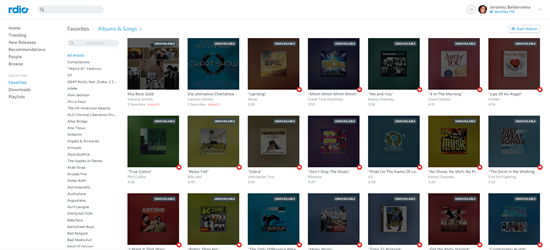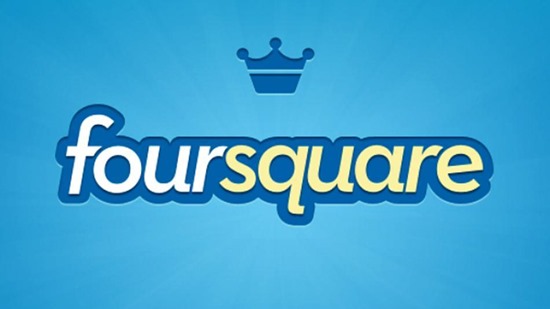There used to be a time where I would love change and bleeding edge. When Microsoft or Adobe (or Macromedia for that matter) would release beta software, I was all over it. I’ve burned a lot of midnight oil playing around with buggy software that wasn’t ready for public consumption. New things used to excited me, change used to excite me – not so much anymore. I’m not sure what happened in the course of time: maybe I have less time to play with new things, or maybe my work-stream can’t be disrupted by bleeding edge, maybe I’ve reached a point in my developer career that I’m intolerant of half-baked solutions. Somehow I’ve become adverse to new things.
My latest intolerance: Rdio’s pivot.
I get that in the large crowd of streaming music providers, everyone’s trying to do something to stand out. I understand that in this cut-throat music industry streaming providers are innovating and that change is hard. However what bugs the hell out of me is when companies leave behind the people that got them where they are. It happened to Digg, and Foursquare. I’m wondering if it’s happening to Rdio.
I can appreciate that they want their “Stations” feature to become front and center, and the part of me who loves music discovery appreciates that. That said, Rdio’s screwed the bread and butter that loyal customers use everyday have been cast aside: their Playlists and Collections interfaces.
Now Collections have become “Favorites”. Somehow during the process, my “unavailable” songs are front and center, and there’s no easy way to remove them or relink them.
The problem is that when it matched with my library it would match the song with a version on some “Top 100” compilation, or a soundtrack that’s no longer available – never mind that the album version is alive and well in their library. If I’m lucky enough I can click into the library and unlink the song 6 clicks later, but for most of these I just get “Page not found”, so I’m stuck. I found that I can remove them in the Android app, but again it takes at least three taps for each song, with no way to do it in bulk.
Playlists – a feature I’ve made full use of – has taken a step back as well. You used to be able to scroll through them in the navigation bar, but now in the name of simplicity they’re moved a layer deeper, taking away your ability to drag & drop a song directly into that playlist.
Lastly one of my favorite features is now deeply buried: the ability to see what your friends are currently listening to. It used to be available on the main interface as the “People” tab, now it’s embedded and more of a snapshot.
Maybe someone at Rdio is on to something, maybe they’ve found the killer feature that is going to drive droves of new people to shell out money for Rdio subscriptions. Hopefully they’re right, because all it’s doing is making many of their longtime fans reconsider their patronage… or maybe I’m just getting older and change is passing me by.

